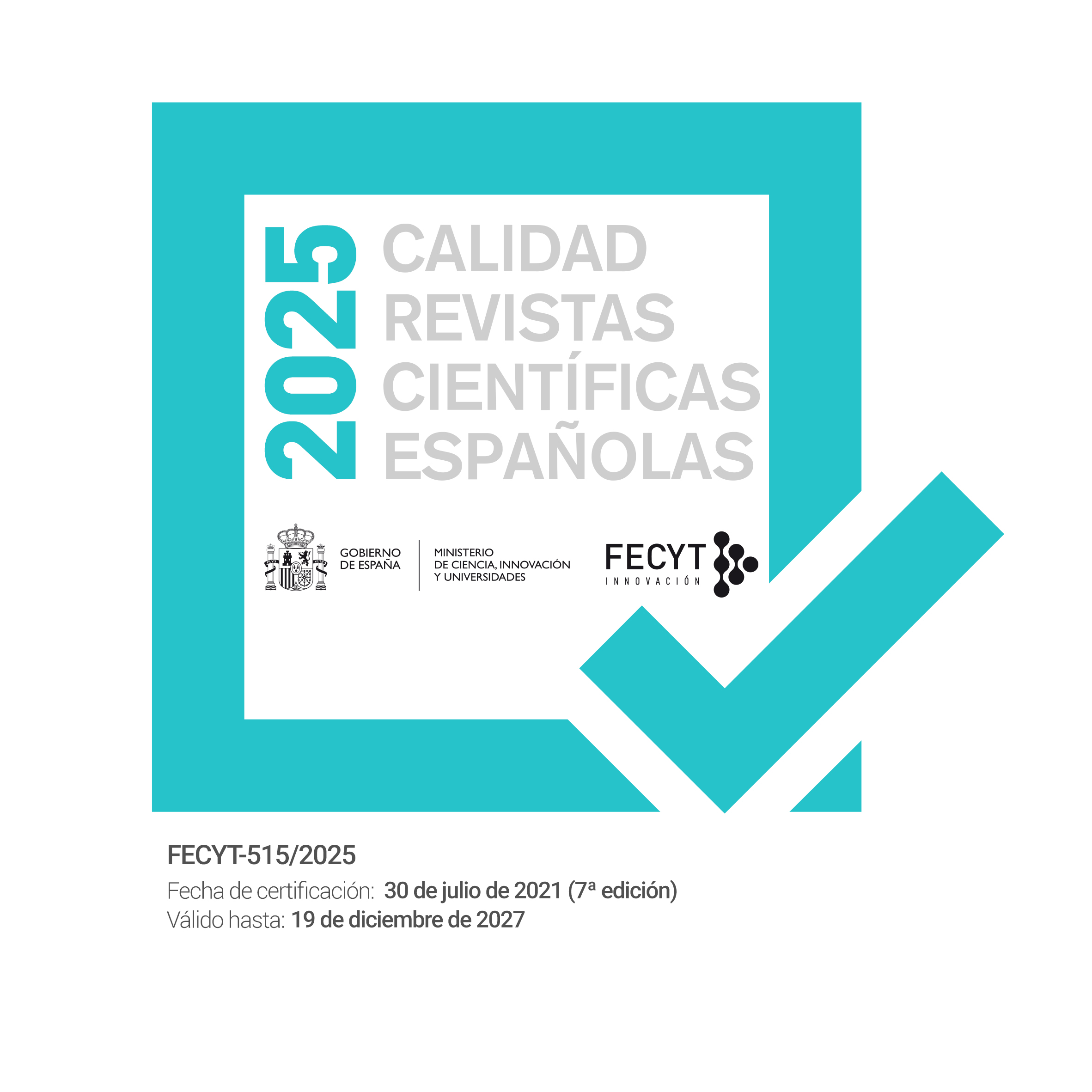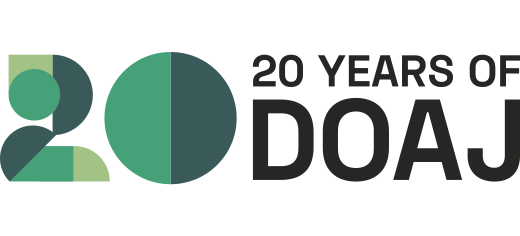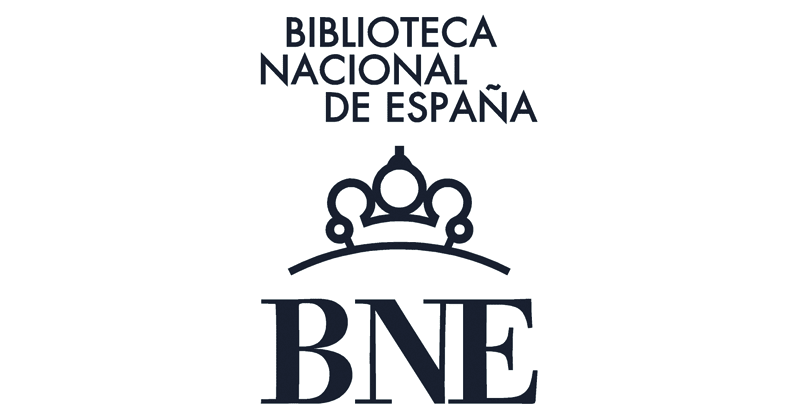A Modelling Language for Discourse Analysis in Humanities: Definition, Design, Validation and First Experiences
DOI:
https://doi.org/10.5944/rhd.vol.1.2017.16133Palabras clave:
Discourse Analysis, Modelling Language, Text Analysis, Information Modelling, Information ExtractionResumen
Due to humanities generally produce knowledge in textual formats (e.g. narrative conclusions or reports), a properly management of the humanities corpus needs methods for conceptualizing and extracting information from textual sources. Discourse analysis techniques allow extracting information in terms of the connection between discourse structure and elements of the reality referred in the text, as well as the inferential dimension. This semantic information is not available following other extraction methods from texts. In order to formalize the discourse analysis application for textual sources in humanities, a modelling language has been defined and initially validated with humanities specialists, showing the discourse structure and the semantic and inferential aspects extracted.
Descargas
Descargas
Publicado
Cómo citar
Número
Sección
Licencia
Derechos de autor 2021 Patricia Martin Rodilla, César González-Pérez

Esta obra está bajo una licencia internacional Creative Commons Atribución-NoComercial 4.0.
Los autores que publican en esta revista están de acuerdo con los siguientes términos:
- Los artículos publicados en la revista se encuentran disponibles en acceso abierto.
- Los autores conservan los derechos de autor y garantizan a la revista el derecho de ser la primera publicación del trabajo al igual que licenciarlo bajo una Licencia Creative Commons Atribución-NoComercial 4.0 Internacional, que permite copiar y redistribuir el material en cualquier medio o formato y remezclar, transformar y construir a partir del material bajo los siguientes términos: debe dar crédito de manera adecuada, brindar un enlace a la licencia, e indicar si se han realizado cambios; no puede hacer uso del material con propósitos comerciales.
- Los autores pueden depositar el trabajo en un repositorio de preprints, postprints, establecer por separado acuerdos adicionales para la distribución no exclusiva de la versión de la obra publicada en la revista (por ejemplo, situarlo en un repositorio institucional o publicarlo en un libro), con un reconocimiento de su publicación inicial en esta revista.
- Se permite y se anima a los autores a difundir sus trabajos electrónicamente (por ejemplo, en repositorios institucionales o en su propio sitio web) antes y durante el proceso de envío, ya que puede dar lugar a intercambios productivos, así como a una citación más temprana y mayor de los trabajos publicados


























